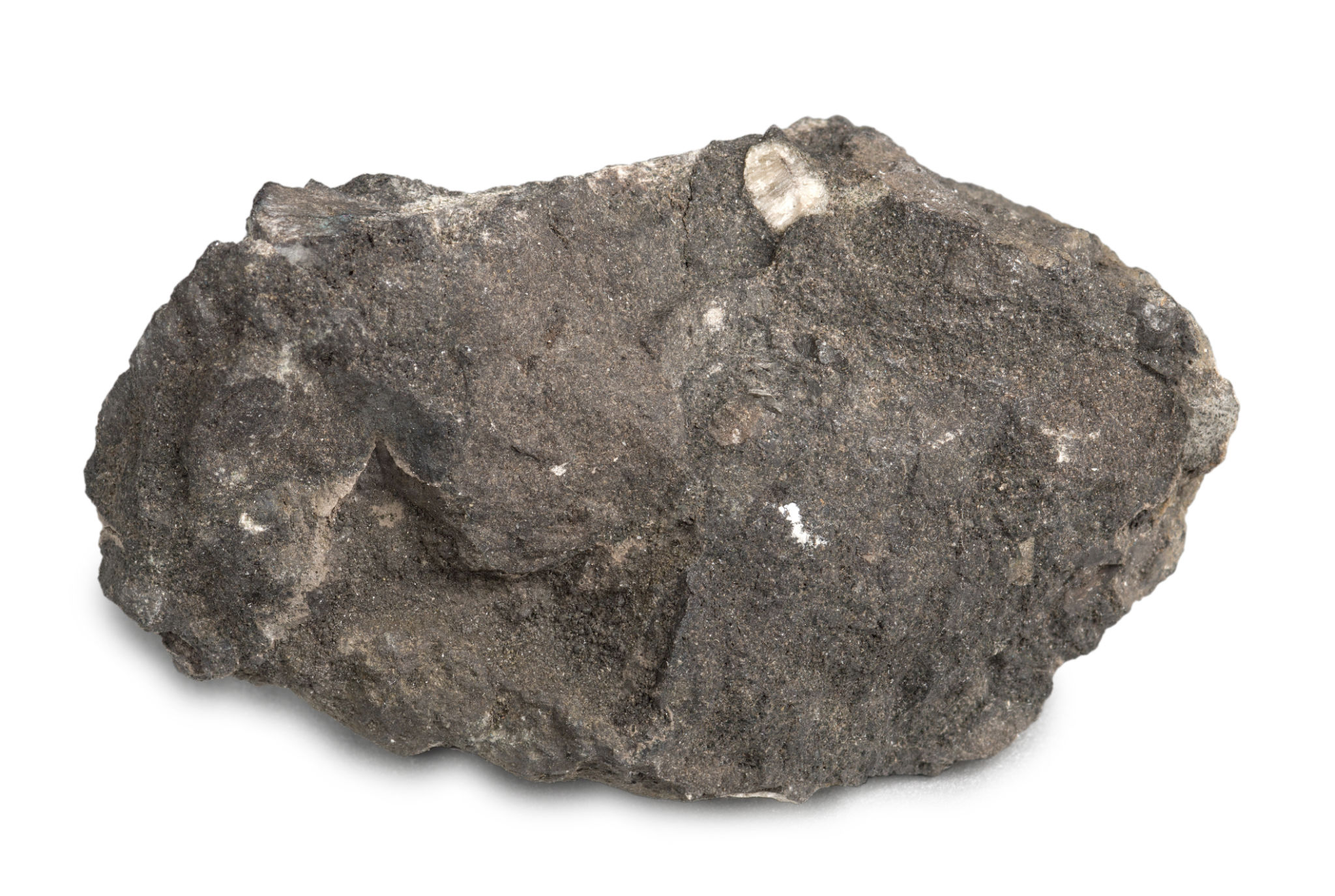Understanding Rock Phosphate: Benefits and Applications in Modern Agriculture
Understanding Rock Phosphate
In the ever-evolving world of modern agriculture, the quest for sustainable and efficient fertilization methods is ongoing. One of the key players in this field is rock phosphate. Known for its natural origin and rich phosphorus content, rock phosphate has become an essential component in soil fertility management. Understanding its benefits and applications can significantly improve agricultural productivity while maintaining environmental health.

The Composition and Origins of Rock Phosphate
Rock phosphate is a naturally occurring mineral that is mined from phosphate-rich deposits. These deposits are primarily composed of sedimentary rocks containing high concentrations of the mineral apatite, which is a source of phosphorus. The phosphorus content in rock phosphate is a critical nutrient necessary for plant growth and development, making it an invaluable resource for agriculture.
Phosphorus is vital for several plant functions, including energy transfer, photosynthesis, and nutrient movement within the plant. Without adequate phosphorus, plants may exhibit stunted growth and poor yields. Rock phosphate provides a slow-release form of this essential nutrient, ensuring a sustained supply to plants over time.
Benefits of Using Rock Phosphate
There are several advantages to using rock phosphate as a fertilizer in agricultural practices. Some of the key benefits include:
- Long-lasting effects: Unlike synthetic fertilizers that may leach quickly from the soil, rock phosphate releases phosphorus slowly, providing a more prolonged nutrient supply.
- Eco-friendly: Being a natural mineral, rock phosphate has minimal environmental impact compared to chemical fertilizers. It helps maintain soil health and structure.
- Cost-effective: Due to its longevity in the soil, fewer applications are needed, reducing overall fertilizer costs for farmers.

Applications in Modern Agriculture
Rock phosphate's versatility allows it to be used in various agricultural settings. It is particularly beneficial in organic farming, where synthetic fertilizers are not permitted. By promoting healthy soil biology and structure, rock phosphate supports organic practices aiming for sustainable crop production.
Additionally, it can be used in conventional farming systems as a base dressing or combined with other fertilizers to enhance phosphorus availability. When applied correctly, rock phosphate can improve crop yields and quality by promoting robust root development and increasing resistance to diseases.
Challenges and Considerations
Despite its numerous benefits, there are some challenges associated with the use of rock phosphate. Its effectiveness largely depends on soil pH and microbial activity. In highly alkaline soils, the solubility of rock phosphate decreases, limiting phosphorus availability to plants.

To maximize the benefits of rock phosphate, it's crucial to conduct soil tests and tailor its application based on the specific needs of the crop and soil conditions. Farmers should also consider integrating it with other soil amendments or fertilizers to optimize nutrient uptake.
The Future of Rock Phosphate in Agriculture
The demand for sustainable agricultural practices continues to grow, placing rock phosphate at the forefront of eco-friendly fertilization alternatives. Advances in agricultural technology and research are expected to further enhance its efficiency and application methods.
By understanding rock phosphate's role and potential in modern agriculture, farmers can make informed decisions that benefit both their crops and the environment. As we move towards more sustainable farming practices, rock phosphate will undoubtedly play a crucial role in shaping the future of agriculture.
